Regulatory and Legal Security in the Metaverse
“Creating Certainty in the Metaverse” – Swiss Metaverse Association publishes the first Swiss position paper on regulations in the Metaverse
Responding to the societal and entrepreneurial need for regulation in the Metaverse, the Swiss Metaverse Association publishes the first position paper on the subject in Switzerland. Titled “Creating Certainty in the Metaverse,” co-authors Dr. Mattia L. Rattaggi and Dr. Daniel Diemers, on behalf of the Swiss Metaverse Association, have not only provided a clear framework for political decision-makers and regulators but also developed four specific recommendations.
Bern, April 10, 2024 – Over the past two years, significant advancements have occurred in the fields of Web 3, artificial intelligence, and virtual reality. Thanks to numerous innovations, these areas have become more accessible to the general public, making them more tangible and easier to understand. The Metaverse has also benefited from these developments, gaining renewed attention from the public. Currently, questions regarding regulation in connection with the Metaverse are becoming increasingly prominent. The Metaverse is a highly complex environment, accessible around the clock via electronic devices of all kinds and closely intertwined with other technologies such as cloud computing, blockchain, or artificial intelligence. Clear rules for interaction within and with the Metaverse are therefore urgently needed. In response to this societal need, the Swiss Metaverse Association has drafted a position paper. This paper provides a clear framework for political decision-makers, regulators, and authorities to create legal certainty for the Metaverse, protecting participants, consumers, developers, and intermediaries. It is the first guidance on Metaverse regulation drafted in Switzerland.
Considerations for Formulating Metaverse Regulation
In the position paper, the co-authors, Dr. Mattia L. Rattaggi, Head of the “Regulation, Tax, and Legal Policy” working group of the Swiss Metaverse Association, and Dr. Daniel Diemers, Board Member of the Swiss Metaverse Association, first address the potential principles necessary for a Swiss legal and regulatory framework. They mention generally accepted norms of the Swiss legal system, including the digitalization of law, sustainability, inclusion, responsibility, pragmatism, and comprehensiveness. Subsequently, the authors outline the scope of future regulation – private and business environments, the public sector, education – with transformative effects before discussing the relevance of existing regulations in interdependent technology fields. Finally, Rattaggi and Diemers highlight the key regulatory focus areas for the next three to five years, including digital interactions, data protection, labor law, and intellectual property.
“The Metaverse is becoming an integral part of our digital and physical lives, and Switzerland aims to take a leading role in establishing a clear legal framework that promotes innovation while protecting individuals and businesses,” says Dr. Daniel Diemers.
How Switzerland Becomes an Attractive Home for the Metaverse
According to the Swiss Metaverse Association, Swiss policymakers should focus on four points in anticipation of the growing international emergence of the Metaverse:
- Considering the inevitable emergence of the Metaverse, Swiss politicians should closely monitor developments around the Metaverse and establish capacities at the federal level for setting policy as well as executing and enforcing regulations.
- An intelligent, principle-based legal and regulatory framework for the Metaverse in Switzerland must be established to position the country as one of the emerging, globally leading locations for Metaverse-related businesses.
- To make digital interactions legally binding and thus effectively enforceable, the fundamentals of “digitalization of law” must be addressed primarily.
- The establishment of a “Metaverse Task Force” at the federal level should help to define a clear strategy and initial regulatory framework. Relevant associations – such as the Swiss Metaverse Association and the Swiss Blockchain Federation – as well as academia and affected industries, ideally should have representation in the task force to keep pace with rapid developments.




